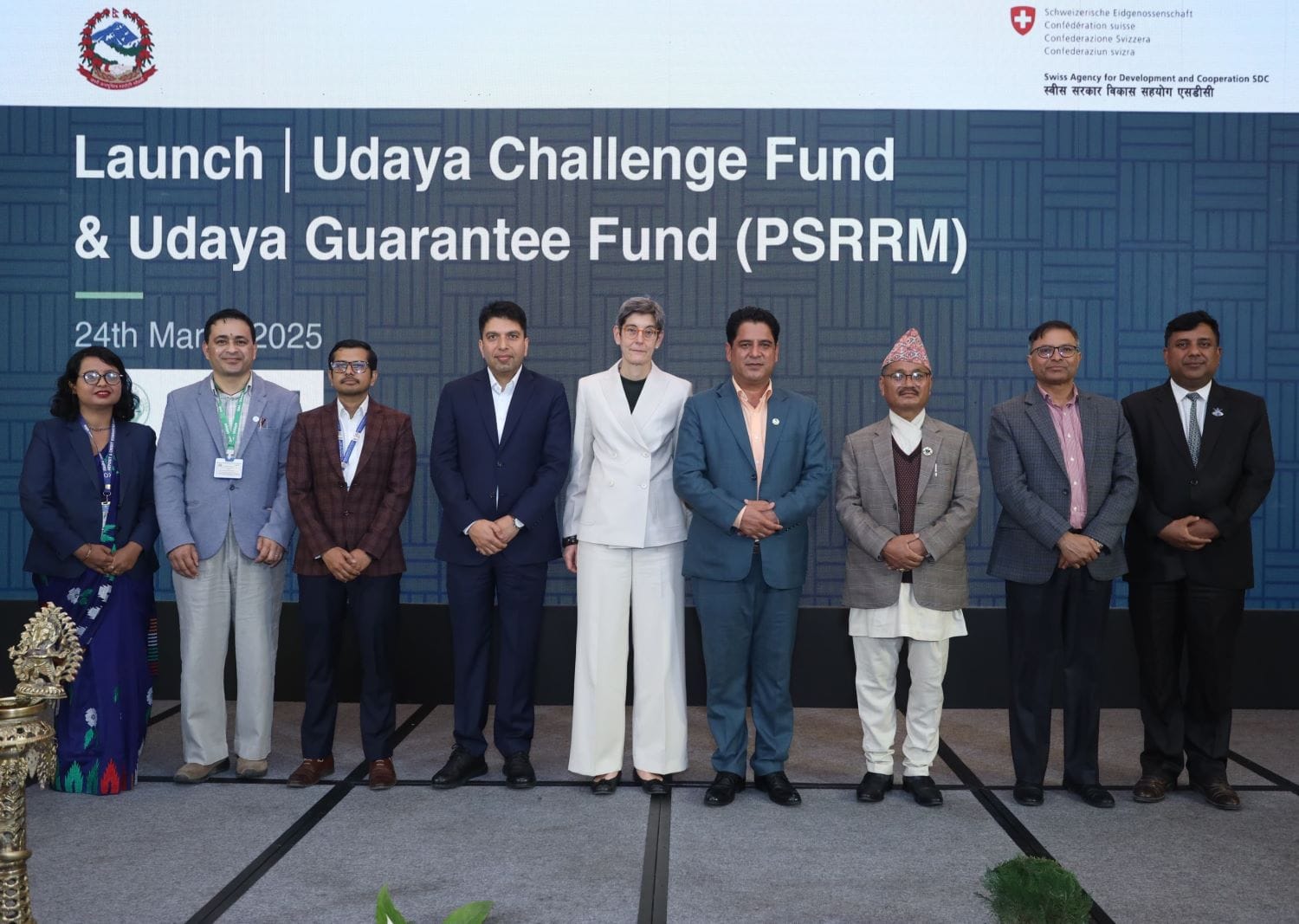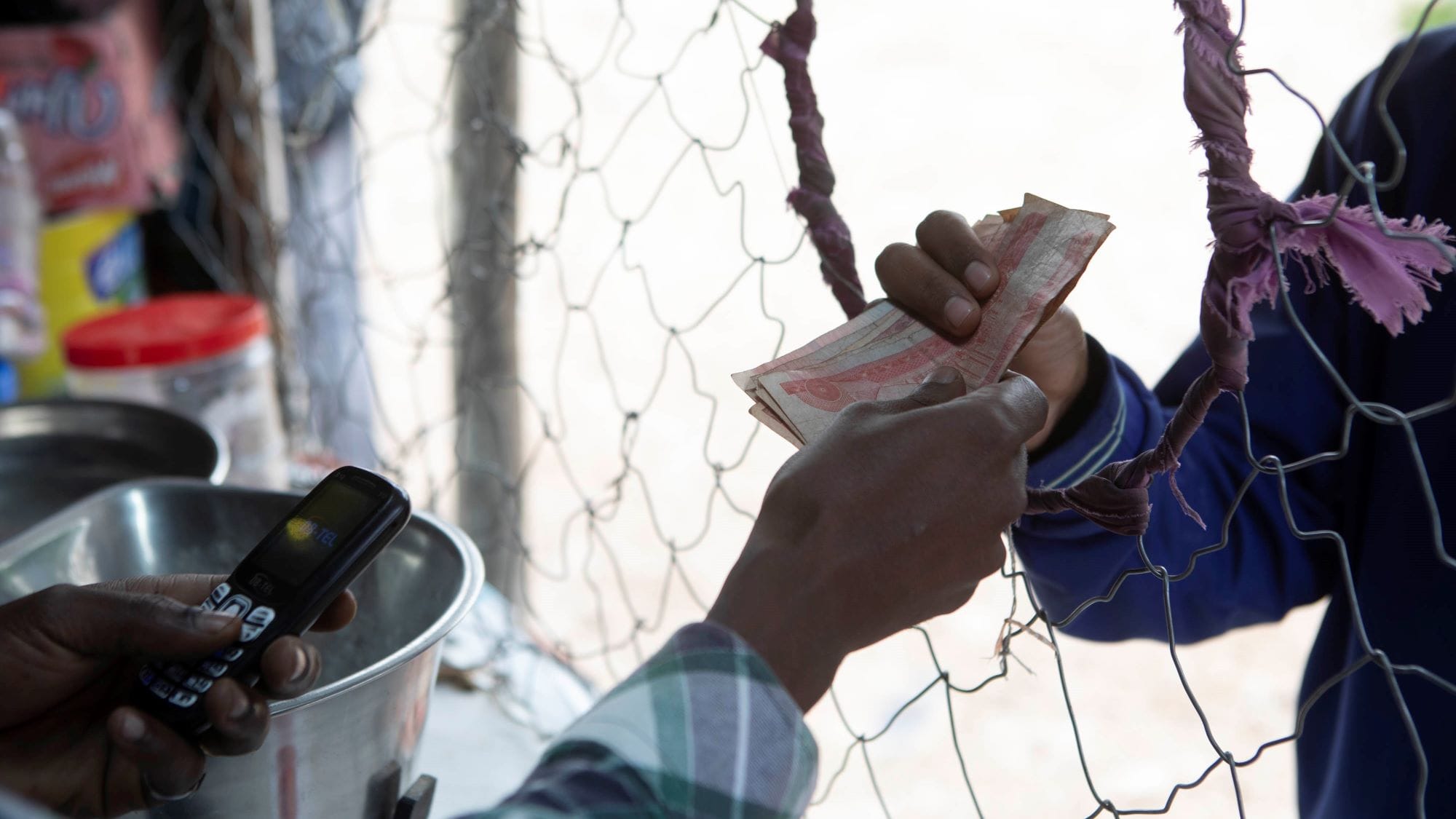The UK Aid-funded Arab Women’s Enterprise Fund (AWEF) began operations in 2015. Since then, it has brought about systemic change to market systems, giving women of all ages better access to economic opportunities. It has encouraged the adoption of new practices and approaches that support women’s economic empowerment in Egypt, Jordan, and Palestine (the latter through March 2018)—strengthening their voices, expanding their range of choices, and assisting their decision making.
AWEF’s success in addressing some of the constraints affecting women in their work has been noted in the latest ICAI report on UK Aid’s Approach to Youth Employment Work in The Middle East and North Africa (MENA). Below, are some of AWEF’s achievements highlighted in the document as worthy of consideration in future programming.
The Need for an Integrated Approach
ICAI observed that the initiatives that prove most effective in promoting youth employment and tackling the demand and supply of labor are those that take an integrated approach, including linking to policy advocacy. A key focus of AWEF has been to analyze and address the policy environment influencing a targeted sector, working with government institutions to ensure that changes effected by the project are sustainable and have a wider impact beyond the direct participants.
For example, AWEF conducted a pilot with the Bank of Palestine to relax the rules around women’s access to bank accounts. The retail banks had strict, risk-averse regulations preventing the many informal workers from opening accounts, which limited self-employed women’s agency and ability to control their earnings. AWEF partnered with the Bank on a new type of current account, ultimately leading the Palestinian Monetary Authority to institute more relaxed regulations for self-employed individuals.

The home-based jameed production sector in Jordan was used by AWEF to understand the constraints, feasibility, and benefits of the proposed approach among women producers. Photo: FCDO AWEF.
In Jordan, where many women work informally—often managing home-based microenterprises—the need was for an accessible, affordable licensing system that recognizes their products. The lack of such a system hindered the women’s ability to link to formal markets and upgrade their production facilities. As a result of AWEF’s intervention to design and roll out licensing, 17 municipalities have adopted the new guidelines and are issuing licenses to local women, who have since reported improved earnings and agency as businesswomen.
Also in Jordan, AWEF has worked with local municipalities to develop Women’s Economic Empowerment (WEE) Units—a “one-stop-shop” providing women with access to business support. Mostly female, the WEE Units staff are trained to respond to queries and requests in a gender-sensitive manner, providing women with information on how to open businesses, obtain licenses, upgrade their enterprises, or access information on potential income-generating opportunities in the local area. Through the WEE Units, AWEF initiated a public reform process resulting in public institutions now having the tools to gender sensitize their business support and development services and address key constraints to women’s economic empowerment.
Using Evidence to Address Constraints
Another focus area of the ICAI report was effectively using evidence in the design of interventions. Again, AWEF was cited as a good example of a program that generated credible evidence of the challenges facing women-led businesses in MENA, then used this data to test, evolve, and scale interventions.
Testing methodologies via small pilot projects was important to gain the trust of stakeholders and deepen understanding of the constraints and solutions. For example, on the market linkages pilot in Jordan, AWEF initially focused on a small sub-sector—jameed, a traditional dried cheese. The project first consulted with the women producers and the partner, Al Mazra, to understand the constraints, feasibility, and benefits of the proposed approach, then introduced the pilot with open and transparent communications on the implementation and progress of the initiative, and what we learned from it—insights that informed subsequent efforts in other sectors, contexts, and communities.

AWEF worked with local municipalities in Jordan to develop Women’s Economic Empowerment Units— providing women with access to business support. Photo: FCDO AWEF.
In Jordan, rural women entrepreneurs are often home-based business (HBB) owners engaged in food processing, such as dairy processing and pickle production. In addition to facing fluctuating seasonal demand, income insecurity, and insufficient liquidity, women HBB owners have limited access to capacity-building opportunities and market-related information such as prices, value chains, competitors, and consumer preferences.
AWEF focused on up-skilling producers and ensuring a market for the women’s produce that offered reliable linkages between dairy retailers, small-scale women dairy processors, and milk producers. As a result, women’s confidence in their market potential rose, their income-generating opportunities increased, and their agency within their household and community improved.
AWEF also worked with the Jordanian authorities to introduce a licensing and permitting process for home-based jameed production, giving women processors better access to production knowledge and more formal market opportunities. Both the linkages and the licensing interventions have enabled women to participate more effectively and required the private sector to change practices to the benefit of women producers.
Tackling Male Bias in Digital Financial Services
At the start of the program, gender-inclusive products and services were lacking in the digital financial service (DFS) sector across the focus countries. AWEF worked with companies such as Vodafone, Paymob, and Fawry to address this issue. As many DFS agents and merchants are men, for example, AWEF provided DFS firms with gender sensitization training to raise awareness and reduce gender bias.
In Egypt, AWEF worked with DFS partners to introduce the first female agent network, giving women access to e-payments through a network of trusted, community-based, female agents. The new network-enabled HBB owners to be more aware of the benefits of the digital economy and better able to access it. They were now able to pay for goods and services digitally when, and how, they wanted. The female agents, meanwhile, were engaged in a new and viable business offering e-payment options for women. These combined efforts resulted in greater access to and use of DFS by women and, as a consequence, these women now have greater control over their finances as individuals and as entrepreneurs.
By May 2020, 29,072 women customers reported an increase in their knowledge of e-payments and services; 44,968 individual women had become DFS customers, from both direct and indirect agents; and 43,151 women reported increased agency, particularly over decision-making and control of their finances and payments. Women are now able to make purchases conveniently and comfortably. An AWEF survey also asked for information regarding changes in control of household or personal budget, and whether the respondent had disposable income: 63 percent and 61 percent of respondents, respectively, reported an improvement in these categories.
Quality—Not Just Quantity—of Jobs
Another consideration of the ICAI report was the need for programs to focus on the quality of jobs being created, not merely the quantity. AWEF was applauded for its focus on “decent work”, which includes considerations such as working conditions, fair pay, and anti-harassment efforts.
For example, AWEF’s work in Egypt’s ready-made garment and citrus sectors focused on ensuring access to high-quality jobs for women in two ways. From a process standpoint, AWEF developed tailored and transparent recruitment processes for women; from a policy perspective, it helped develop policies to support quality jobs for women employees that meant they were more productive and more likely to remain in their role.
In Egypt, recruitment for factory jobs is often conducted informally by men who are not trained on how to communicate effectively with women or encourage them to apply. Thus, women are both less informed about potential opportunities and less inclined to pursue them. AWEF worked with factories to gender sensitize their recruitment policies—developing recruitment practices that specifically target female workers. As a result, companies saw a dramatic increase in applications from and appointment rates of women. Over the life of the project, they recruited an additional 4,028 women.
In parallel, AWEF sought to address high turnover among female staff in the sectors by improving the quality of their jobs. Despite efforts by large exporters in the ready-made garment sector to hire more women, some constraints continued to hinder both access and retention: deep-rooted discriminatory social norms, informal recruitment practices, working environment, and management issues (primarily, the weak personal skills of supervisors). To address these constraints, AWEF worked with lead firms in the citrus and garment sectors to provide gender-sensitive training for their employees to raise awareness of work culture issues and the importance of women in the workplace, and designed skills training to improve supervisors’ management of workers.
These changes had a dramatic impact on the retention of female employers and the companies’ productivity, not to mention an improved working environment for all involved. Employees surveyed said they would stay in their jobs because they are happy or satisfied; 2,574 garment factory employees reported benefitting from improved relationships with supervisors who had received training; 46 percent of women said they had more voice and choice in their jobs (of 1,000 women interviewed). In the citrus packhouses, AWEF trained 2,484 women and supervisors in soft skills leading to increased confidence at work and improved working relationships with supervisors and colleagues and greater job satisfaction.
Find out more about the successes of AWEF in the practitioner learning brief —Working with the Private Sector to Empower Women: What to Measure and How to Build the Business Case for Change, which outlines how to make a business case for employing women, demonstrates the commercial value of empowering women, and provides case studies, tools, and frameworks.





